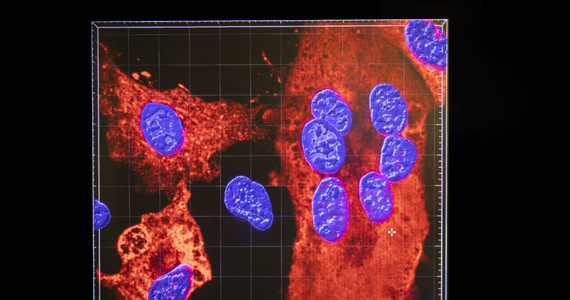The AY.4.2 strain – sometimes called Delta Plus – was first recognized in July. It has several mutations that the virus uses to penetrate the human body, making it more transmissible.
At the moment, AY.4.2 has not been considered a variable under observation, let alone one of concern, but according to the professor. François Balloux, director of the Institute of Genetics at University College London, this is likely to change soon.
Ballox and fellow scientist Jeffrey Barrett of the Covid-19 Genome Initiative believe AY.4.2 has a prevalence of 10-15%. Faster than the original delta variant currently prevalent in the world. This will make it the fastest spreading strain of coronavirus.
But scientists note that this is a slight increase compared to previous coronavirus variants – in the Alpha case, transmission was 50 percent. Faster than the original China-derived variant, and the delta spread by 60 percent. faster than alpha.
This is a potentially more contagious strain. That’s not much compared to what we saw in the Alfa and Delta which were around 50 to 60 percent. more contagious. Infection is probably 10 percent more likely, so we’re talking about a rather subtle difference, which is currently under investigation. At this point, I would say let’s wait and see, let’s not panic,” Balox said, quoted by the BBC, but stipulated that nothing can be prejudged.
AY.4.2 is one of approximately 45 Delta variants identified worldwide, but is currently primarily discovered in the United Kingdom. A small number of cases have been detected in the United States and a number in Denmark as well, but the number of new infections with this strain in the country has decreased.







